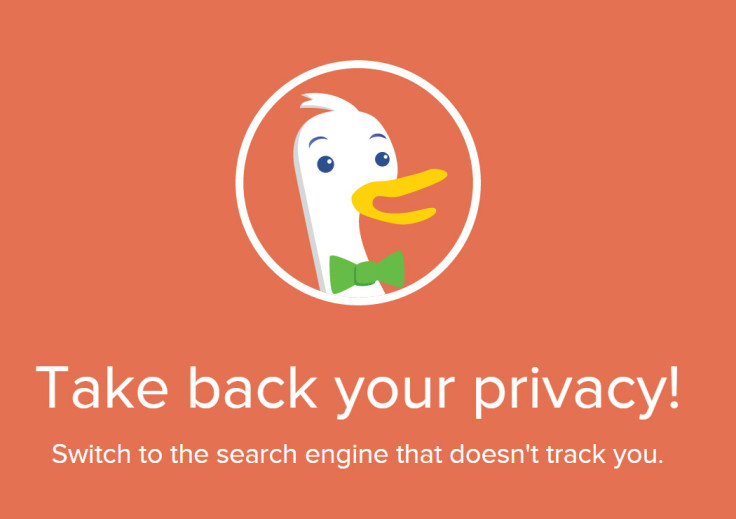DuckDuckGo: Anonymous search engine hits 10 billion lifetime queries thanks to a quacking 2016
Privacy-centric search engine sees rapid growth in 2016.

DuckDuckGo has released key statistics showing the privacy-centric search engine's impressive growth since its launch in 2008. Writing in a blog post, CEO and founder Gabriel Weinberg announced that the site surpassed a cumulative count of 10 billion lifetime searches, with over four billion of the total registered in 2016 alone.
The impressive growth was fully detailed in a Medium post, where Weinberg also revealed that DuckDuckGo witnessed a single day record of 14 million searches on 10 January 2017. Weinberg attributed the recent search spike to a growing concern around data retention, noting that "people are actively seeking out ways to reduce their digital footprint online."
DuckDuckGo has gradually built a wide reputation for providing an anonymous method of conducting internet queries, promising that none of the user's personal information – such as IP address, cookies and search history – is tracked, stored or shared when using the website on desktop or mobile.
While the 10 billion figure is a far cry from the insane number of searches that are channelled through search engine titan Google (estimated to reach around two trillion per year), the relative success of DuckDuckGo tallies with a growing interest in online anonymity.
"What you search for is your own business and we'd like to keep it that way. That's why we don't collect any personal information and therefore, have none to share," states DuckDuckGo's about page. DuckDuckGo's anti-surveillance mantra goes as far as to offer unique support for anonymous web browser Tor, with an exit relay allowing for faster searches with end-to-end encryption.
Bangs and Instant Answers
DuckDuckGo's data retention policy is not the only feature to set the search engine apart from its rivals, however.
While later followed by Google's similar answer boxes, Instant Answers still sets itself apart as a speedy way to solve queries with minimalist text boxes, graphics or with simple APIs that attempt to answer a question without clicking a URL. The open-source nature of the platform also allows the site's users to expand on the "zero click" feature by contributing code and adding feedback via GitHub.
'!Bangs' have also proved popular by letting users skip several steps ahead and search a specific website for results. "A search for !amazon shoes will take you right to a search for shoes [on the Amazon website]," explains DuckDuckGo. 9,088 bangs are currently registered on the website, with more being added over time based on user suggestions.
You can try DuckDuckGo out for yourself directly from its official website on any browser, or install it as a Google Chrome extension. For mobile users, Apple introduced DuckDuckGo as a default iOS search option in 2014, prompting a stark rise in its search figures.
© Copyright IBTimes 2025. All rights reserved.






















